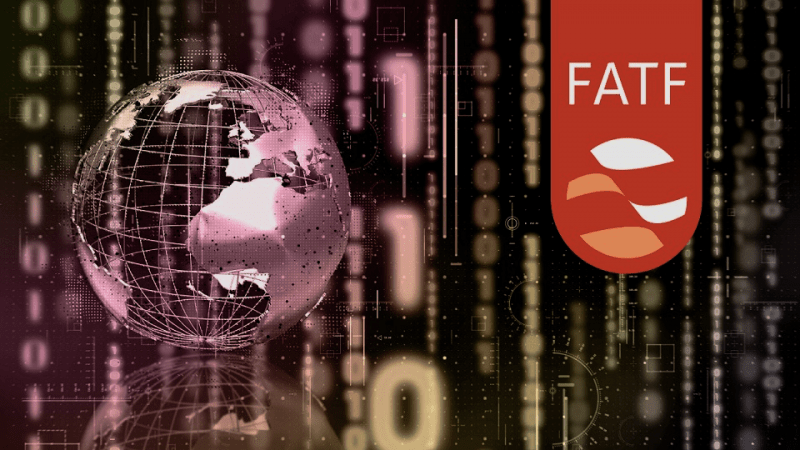FATF: Summary of main topics of the 2020-2021 Annual Report
Last week the FATF unveiled its annual report, covering various topics of interest for all those who work in Compliance.
The covid-19 pandemic continued to have a profound impact on societies. Criminals were quick to exploit the pandemic: from mounting cases across the globe of counterfeiting of medical goods, to investment fraud and adapted cyber-crime scams to exploitation of economic stimulus measures put in place by governments. At the same time, governments around the world have had to focus their resources on crucial health services and economic recovery initiatives. It impacted their ability to detect, investigate, prosecute or disrupt money laundering activity.
Environmental issues were another topic for discussion. The FATF has been focussing on the illegal trade in wildlife, forestry crime, illegal mining and waste trafficking. These crimes annually generate hundreds of billions and are destroying the environment, creating massive health and financial costs, and exacerbating climate change. According to available studies, criminals are making up to USD 152 billion annually from illegal logging alone. Recognizing the long reach implications for our planet, the economics and public health when environmental crimes are not controlled, Attempts are being made to expand on previous FATF work to prevent illegal wildlife trade. The current project focuses on the broader issue of environmental crime and its connections to money money laundering (ML) and terrorist financing (TF) risks. The work is based on the analysis of financial flows linked to forms of environmental crime in order to raise awareness of relevant ML / FT risks, and to inform possible more work on possible political implications.
Digital Transformation as a key. Technology is transforming the way we work and live. In many fields, it offers considerable efficiencies and cost savings. Supervisors and operational agencies across the FATF Global Network, as well as the private sector have been incorporating different digital tools to assist their anti-money laundering and counter-terrorist financing (AML/CFT) efforts. Under the German Presidency, the FATF has launched a series of projects to take stock of the landscape, opportunities, and challenges of digital adoption across the FATF Global Network. They also aim to provide guidance to public and private sectors on harnessing the opportunities that technology can offer to enhance AML/CFT efficiency and effectiveness.
Tackling Illicit Arms Trafficking And Terrorist Financing. During the first year of its German Presidency, the FATF completed important work to strengthen their understanding on the links between arms trafficking and terrorist financing. Terrorist attacks often use illegally trafficked weapons, and the illicit arms trade is a predicate offense for money laundering. The impact of this dangerous trade doesn’t end there. Illicit arms trafficking also provides a lucrative source of funding for terrorists and terrorist groups. It allows them to strengthen their operations and increases their threat to societies and innocent lives. Illicit arms trafficking is a dangerous crime that fuels conflicts all over the world, including past and current tensions in different regions.
Training to know what we are up against: The FATF conducts training activities to strengthen countries’ understanding the FATF Standards and how they help combat money laundering, terrorist financing and proliferation financing (funding for weapons of mass destruction), and to assist FATF-style regional bodies in the conduct of mutual evaluations. The FATF Training Institute’s flagship course, the Standards Training Course, aims to enhance participants’ understanding of the FATF Standards on AML/CFT and the implementation of effective measures to combat ML/ TF. It is an intermediate-level training, designed for AML/CFT practitioners with prior experience with the FATF Standards, and is delivered through a series of presentations, group discussions and small group activities. This course is designed specifically for practitioners looking to improve their countries’ AML/CFT measures.
To be informed about this and other topics, subscribe to the Newsletter, visit our website www.g5integritaslatam.com or contact us by email at info@g5integritaslatam.com


0 Comments